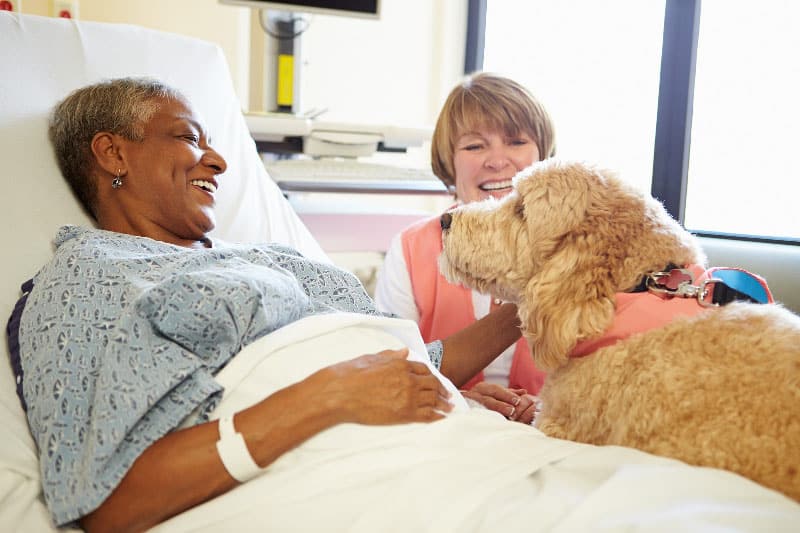Stroke, pneumonia, medication complications, pulmonary disease, and infections are some of the leading causes for hospital visits among adults over the age of 65. Never hesitate to seek medical attention for evolving issues such as infections or persistent coughs. That said, what happens after a stay can be complicated. Hospitals are often under a great deal of pressure to free up beds for new patients, and post-operation recovery is increasingly being outsourced to the home. When your mother, father, or any older relative is discharged, you will have to come up with a plan for at-home rehabilitation. Some things to consider when this becomes an issue are emergency contact lists, medication schedules, referrals, and the level of care required from either yourself or a personal caregiver.
Emergency Contacts – An emergency contact list for seniors should include a primary doctor, their usual pharmacy, and their family members. Health insurance numbers and private insurance policy numbers are always good to have accessible as well.
Referrals – Before leaving the hospital, get all of your ducks in a row when it comes to referrals. Your loved one will likely require future consultations and follow-ups with specialists depending on their issue. Get all of your referrals to these specialized practitioners before you leave or you may wind up having to track down hard-to-reach doctors and go through yet another rigmarole. You can also ask about care homes and carers for help providing your loved one care. If you have private insurance, now is the time to find out with confidence what services it will cover and how compensation might be capped.
Medication Schedules – Create an agenda: never rely on your own memory or just on the instructions printed on the sides of a variety of pill bottles. Home-care agencies like Mavencare have integrated mobile technology into their services, and you can create task lists that include medication reminders for caretakers via their mobile app. Even if you can’t be present 100% of the time, you can stay involved and guarantee that necessities like medication are looked after.
Care Requirements – Ask the doctor what the requirements for treating your loved one is after their hospital visit. Even if you have the time to help out yourself, you may not have the training or knowledge. You may require specialized nursing carefor treating pain and wounds, another service offered by Ontario at-home agencies like Mavencare. Nurses may also manage an exercise regimen that will get your loved on back on their feet after an extended time in bed. Ontario is facing a shortage of beds and doctors are under more pressure than ever to discharge quickly. Sadly, this means families may have to pick up the slack from the public health system. If your loved one is about to be discharged, visit Mavencare to learn more about how you can make the transition an easy one. Never be afraid to get a helping hand when your loved one’s health is at stake.

